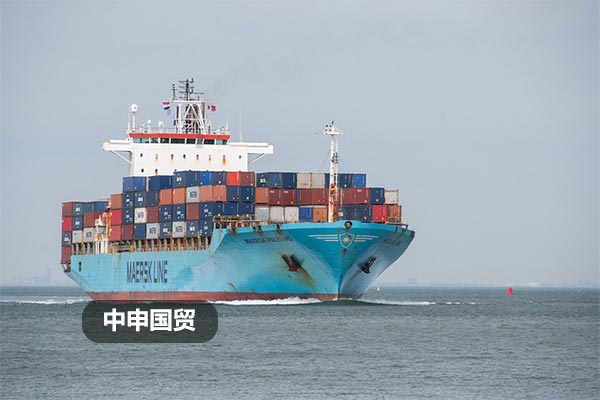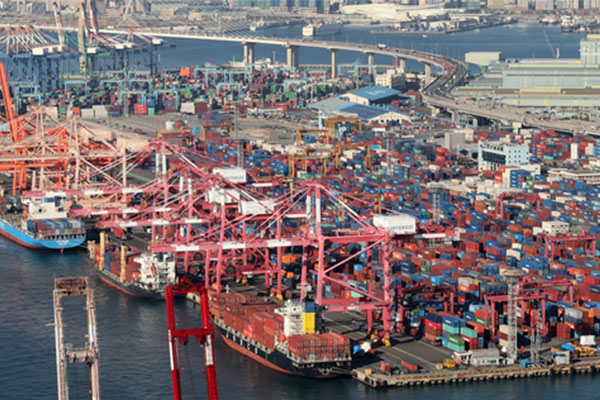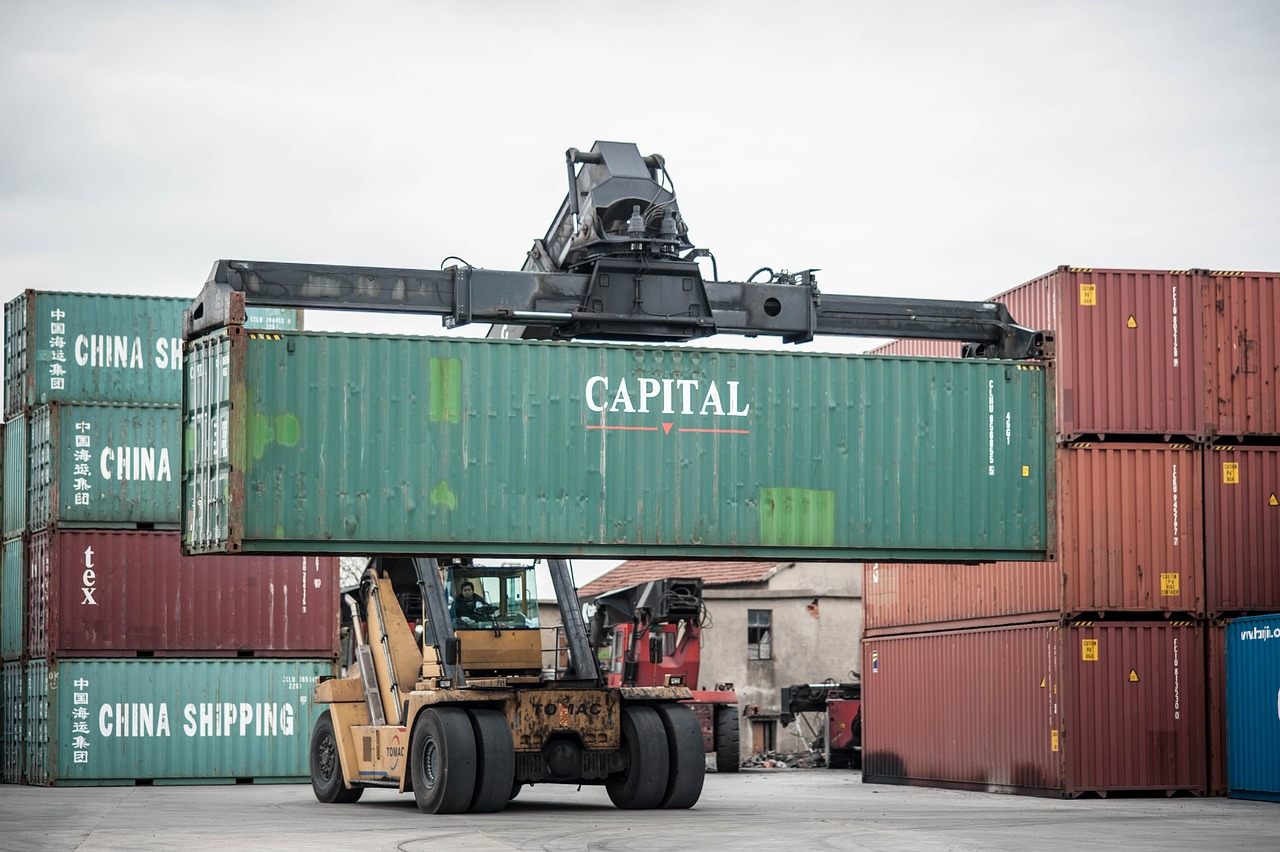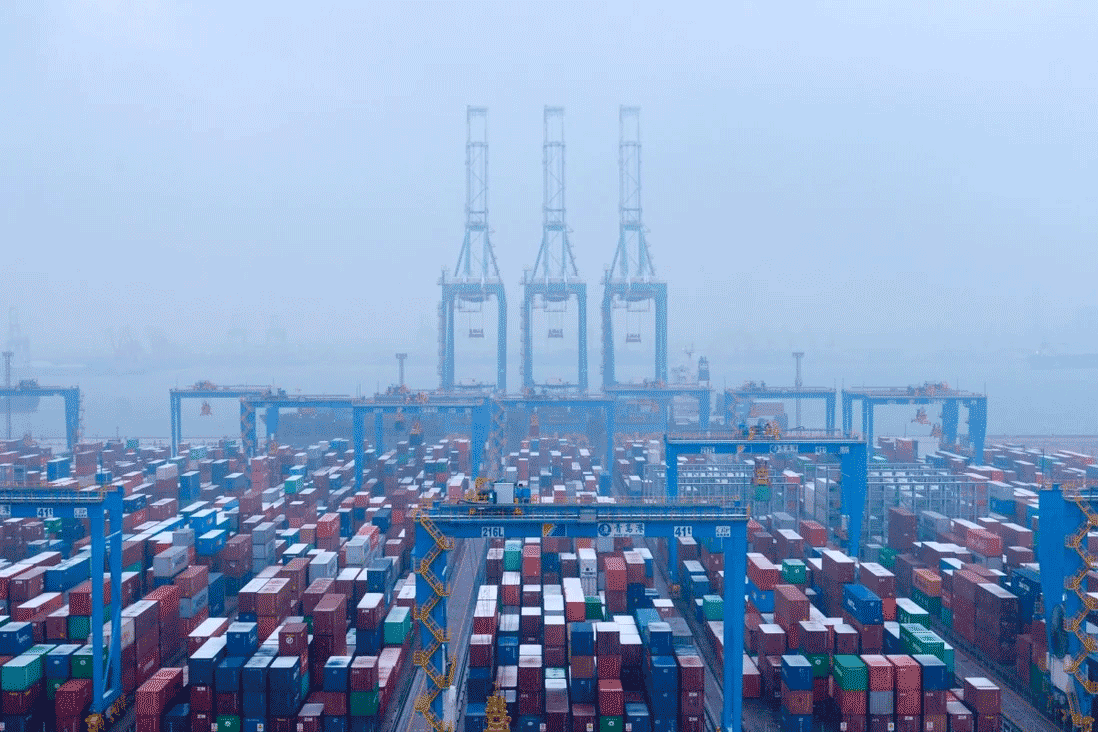- Shanghai Zhongshen International Trade Co., Ltd. - Two decades of trade agency expertise.
- Service Hotline: 139 1787 2118

In international trade business,Export Drawbackthe charging standard of agency fees is an important factor that enterprises need to consider when choosing agency services. It is affected by various factors, including the complexity of the business, the type of goods, the tax rebate amount, etc. Understanding the charging standard of export tax rebate agency fees helps enterprises ensure compliant tax rebates while reasonably controlling costs and choosing suitable agency services.
I. Factors Affecting the Charging Standard of Export Tax Rebate Agency Fees
1. Business Complexity
The complexity of the export tax rebate business is one of the key factors determining the charging standard. If it involves the export of various types of goods, each type of goods may have different customs codes, tax rates, and tax rebate policies. This requires the agency to invest more manpower and time in classification processing and policy interpretation. For example, if an enterprise exports both electronic products and textiles at the same time, the electronic products may involve special tax rebate policies for high - tech products, while the textiles may face complex situations such as quotas. The agency needs to study carefully and ensure that each type of goods meets the tax rebate requirements. The agency fees for such complex businesses are often relatively high.
Type of goods
Different types of goods have different operational requirements and risk levels during the export tax rebate process, thus affecting the charging standard. High - value, perishable, or strictly regulated goods, such as precision instruments and hazardous chemicals, usually require more cautious customs declaration, inspection and quarantine, etc. For hazardous chemicals, the agency not only has to handle the regular tax rebate procedures but also ensure compliance with the relevant regulations on the transportation and storage of dangerous goods. This increases the complexity and risk of operations, so the export tax rebate agency fees for such goods may be higher than those for ordinary goods.
Tax rebate amount
The size of the tax rebate amount is also one of the factors affecting the charging standard. Generally speaking, for businesses with a large tax rebate amount, the agency may charge a fee according to a certain proportion because it involves more capital turnover and responsibility. For example, for a business with a tax rebate amount in the millions, the agency needs to more rigorously review relevant documents to ensure the smooth progress of the tax rebate and avoid huge economic losses due to mistakes. Although the fee is charged according to a proportion, due to the large base of the tax rebate amount, the absolute amount of the fee will also increase accordingly.
II. Common Charging Methods in the Market
Fixed fee
Some agencies adopt a fixed-fee pricing model. This approach is suitable for relatively simple and standardized export tax rebate agency services. For instance, for small businesses with single-category, low-volume export transactions, an agency may charge a fixed fee, such as 3,000 to 5,000 yuan per transaction. The advantage of this pricing method is that businesses can clearly anticipate costs, facilitating budget planning. However, it may lack flexibility when dealing with services that vary significantly in complexity.
Charging according to the proportion of the tax rebate amount
Charging a certain percentage of the tax refund amount is a relatively common method. Typically, this percentage may range between 1% and 5%. For example, if a company's tax refund amount is 1 million yuan, with a 3% fee rate, the agency will charge a service fee of 30,000 yuan. This fee structure is tied to the tax refund amount, meaning that for companies with larger refunds, the agency fee cost will be relatively higher. However, it reflects the correlation between the agency's service value and the results of the tax refund.
Mixed charging mode
Some agencies adopt a mixed charging mode, that is, comprehensively considering factors such as the complexity of the business and the tax rebate amount. First, a certain basic fee is charged to cover the basic operating costs, and then an additional fee is charged according to the proportion of the tax rebate amount. For example, the basic fee is 2,000 yuan, and an additional 2% of the tax rebate amount is charged. This mode can ensure the basic income of the agency in simple businesses and obtain reasonable compensation when the tax rebate amount is large or the business is complex.
Conclusion
The charging standard of export tax rebate agency fees is the result of the influence of multiple factors. When choosing an agency, enterprises need to fully understand these factors and different charging methods. On the premise of ensuring the smooth progress of the export tax rebate work, according to their own business characteristics, weigh the charging standard and service quality, and choose the most suitable agency service to achieve cost control and maximize benefits in international trade.
Related Recommendations
? 2025. All Rights Reserved. Shanghai ICP No. 2023007705-2  PSB Record: Shanghai No.31011502009912
PSB Record: Shanghai No.31011502009912










